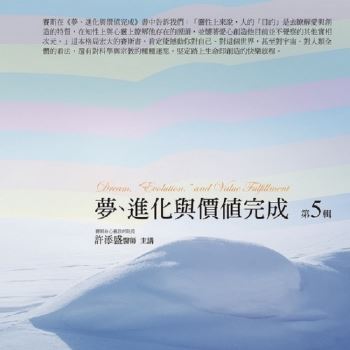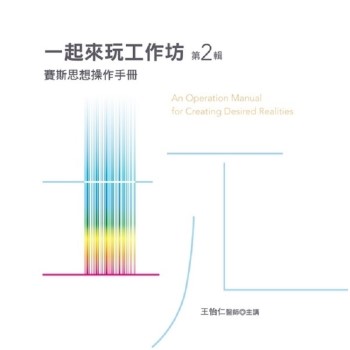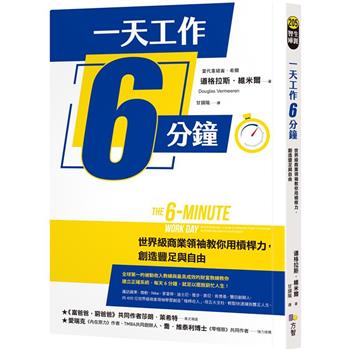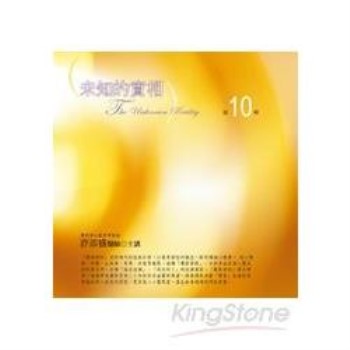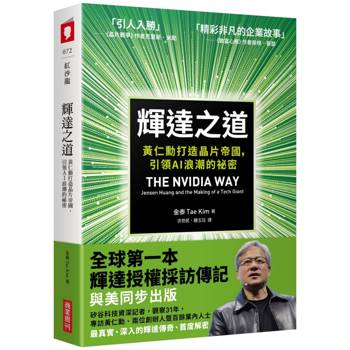In sixteen chapters devoted to avant-garde contemporary American poets, including Kenneth Goldsmith, Adeena Karasick, Tyrone Williams, Hannah Weiner, and Barrett Watten, prolific scholar and Purdue University professor Daniel Morris engages in a form of cultural repurposing by "learning twice" about how to attend to writers whose aesthetic contributions were not part of his education as a student in Boston and Chicago in the 1980s and 1990s when new formalism and post-confessional modes reigned supreme.
Morris’s study demonstrates his interest in moving beyond formalism to offer what Stephen Fredman calls "a wider cultural interpretation of literature that emphasizes the ’new historicist’ concerns with hybridity, ethnicity, power relations, material culture, politics, and religion." Essays address from multiple perspectives--prophetic, diasporic, ethical--the vexing problems and sublime potential of disseminating lyrics--the ancient form of transmission and preservation of the singular, private human voice across time and space--to an individual reader, in an environment in which e-poetry and digitalized poetics pose a crisis (understood as both opportunity and threat) to traditional page poetry.
| FindBook |
有 1 項符合
Essays and Interviews on Contemporary American Poets, Poetry, and Pedagogy: A Thirty-Year Creative Writing Workshop的圖書 |
 |
Essays and Interviews on Contemporary American Poets, Poetry, and Pedagogy: A Thirty-Year Creative Writing Workshop 作者:Morris 出版社:Anthem Press 出版日期:2024-09-10 語言:英文 規格:精裝 / 200頁 / 普通級/ 初版 |
| 圖書館借閱 |
| 國家圖書館 | 全國圖書書目資訊網 | 國立公共資訊圖書館 | 電子書服務平台 | MetaCat 跨館整合查詢 |
| 臺北市立圖書館 | 新北市立圖書館 | 基隆市公共圖書館 | 桃園市立圖書館 | 新竹縣公共圖書館 |
| 苗栗縣立圖書館 | 臺中市立圖書館 | 彰化縣公共圖書館 | 南投縣文化局 | 雲林縣公共圖書館 |
| 嘉義縣圖書館 | 臺南市立圖書館 | 高雄市立圖書館 | 屏東縣公共圖書館 | 宜蘭縣公共圖書館 |
| 花蓮縣文化局 | 臺東縣文化處 |
|
|
圖書介紹 - 資料來源:博客來 評分:
圖書名稱:Essays and Interviews on Contemporary American Poets, Poetry, and Pedagogy: A Thirty-Year Creative Writing Workshop
內容簡介
|
